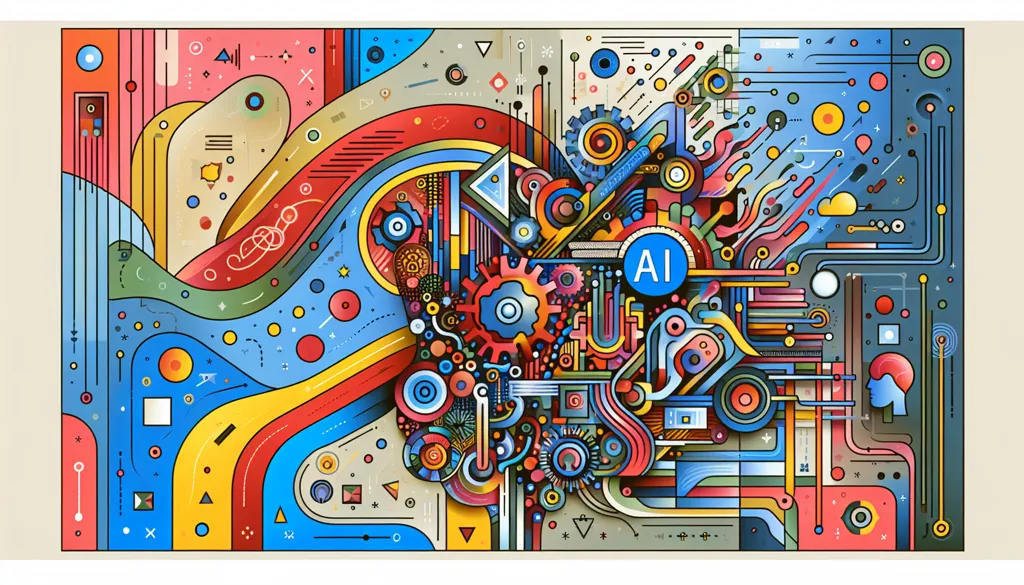The Intersection of AI and Mental Health: Opportunities and Challenges
As a mother and content writer living in Kansas, I am fascinated by the intersection of technology and daily life. Recently, a significant development in this realm has been the exploration of artificial intelligence (AI) in mental health therapy. This evolving field promises to transform how we approach mental health care, but it also presents significant challenges and ethical questions.
The Rise of AI in Mental Health
The concept of using AI for mental health therapy is not entirely new, but advancements in AI models like large language models (LLMs) have accelerated its development. These models, such as those behind popular AI applications like ChatGPT, are being adapted to provide mental health support. However, building AI systems that can effectively offer therapy is a complex task, requiring careful consideration of both technical and ethical aspects.
Startups and researchers are heavily investing in this area, driven by the potential of AI to increase access to mental health resources. Yet, the path is fraught with challenges, including the need for domain-specific models that can offer more than the generic advice currently available from general-purpose AI systems.
Challenges and Ethical Considerations
The integration of AI into mental health care raises several critical questions. One primary concern is the depth and accuracy of the advice these systems provide. General-purpose AI, while adept at handling a wide range of topics, often lacks the depth required for effective mental health support. This gap could potentially lead to misleading advice if users are unaware of the limitations.
Furthermore, there are ethical considerations regarding the use of AI in such a sensitive area. Issues such as privacy, data security, and the potential for AI to misinterpret human emotions need to be addressed. The development of domain-specific AI models tailored for mental health is a step in the right direction, but it requires rigorous testing and validation.
Real-World Applications and Personal Perspectives
On a personal note, as someone who juggles various roles, including that of a caregiver, the potential of AI to provide timely mental health support is appealing. Caregiving can be incredibly stressful, and having access to AI-driven tools that offer emotional support could be invaluable. However, it is crucial that these tools are reliable and trustworthy.
In our community, initiatives like the Youth for Youth campaign in Routt County highlight the importance of mental health resources for young people. By focusing on local needs and engaging with the community, such programs can complement technological solutions by providing a human touch that AI cannot replicate.
The Future of AI in Mental Health
Looking ahead, the potential for AI to revolutionize mental health care is enormous, but it must be approached with caution. As developers work on refining AI models, collaboration with mental health professionals will be essential to ensure these tools are both effective and ethical.
From a moderate Midwestern perspective, it's important to balance the excitement of technological innovation with a grounded understanding of its implications. By combining AI advancements with human expertise and community efforts, we can create a more comprehensive support system for mental health.
Conclusion
The journey of integrating AI into mental health therapy is just beginning. While there are challenges to overcome, the potential benefits for individuals and communities are significant. By fostering collaboration between technologists and mental health professionals, and by ensuring ethical considerations are at the forefront, we can harness AI's capabilities to enhance mental health care, making it more accessible and effective for everyone.

